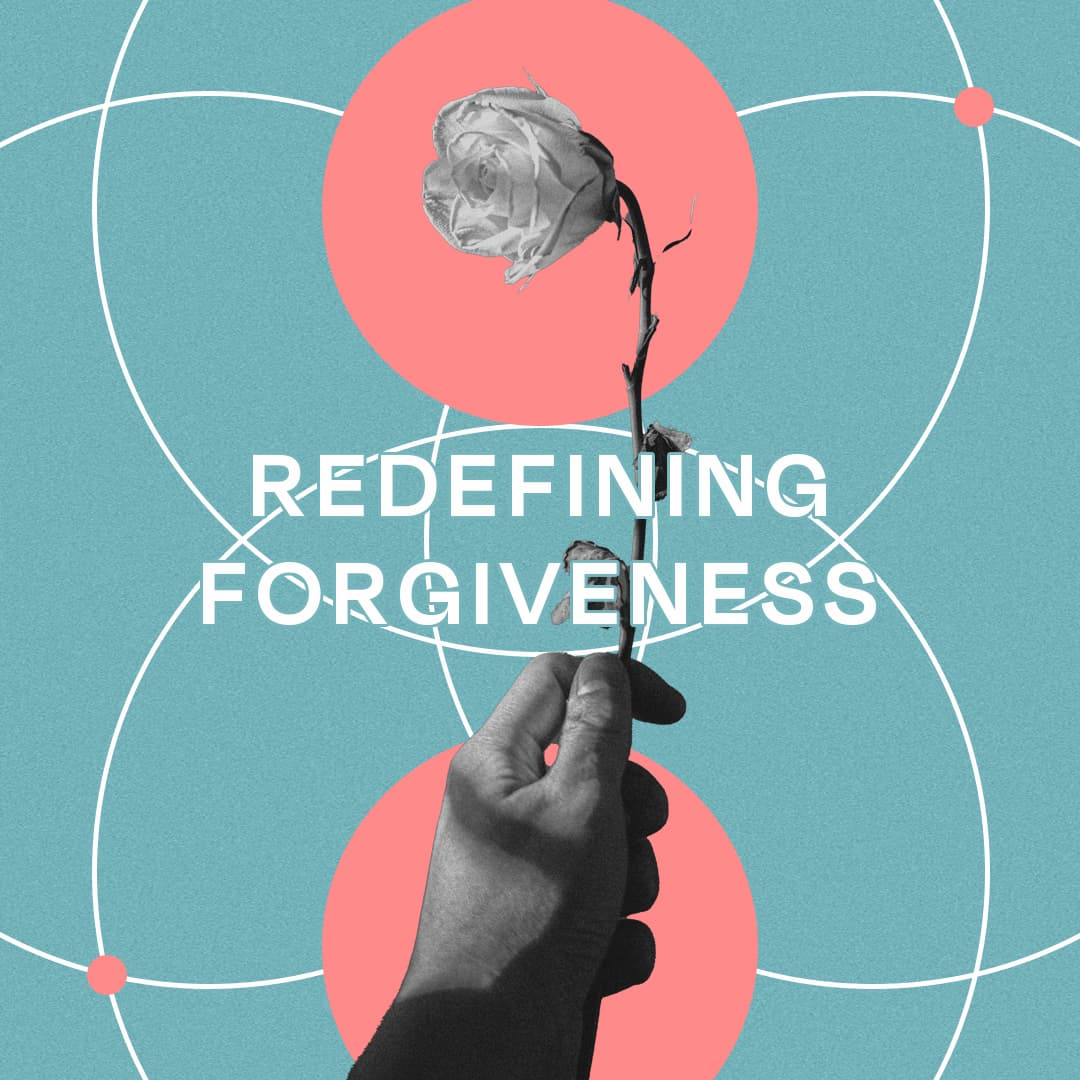
Ever struggled to forgive someone, even when you know it's the right thing to do? That's a journey we're all familiar with, and in this episode, we seek to unravel the complexities of forgiveness and share insights that could transform your perspective.
Throughout our conversation, we tackle the misconceptions surrounding forgiveness. We delve into the difference between forgiveness and reconciliation, exploring why letting go of bitterness is a personal decision, while rebuilding trust requires mutual effort. With personal stories, theological insights, and the wisdom of figures like Martin Luther King Jr., we challenge the notion that forgiveness is a sign of weakness. Instead, we present it as a profound act of strength and liberation, capable of opening doors to healing and growth in both personal relationships and broader societal contexts.
This episode seeks to redefine forgiveness by examining its spiritual and emotional dimensions. It’s not about ignoring or excusing harm, but about acknowledging the truth and choosing to release resentment. By discussing how forgiveness aligns with redemption and underscores the importance of boundaries, we highlight that it doesn’t erase the memory of wrongdoing but cancels the emotional debt without removing accountability. Join us as we explore how the act of forgiveness can be a powerful tool for personal transformation and a catalyst for hope in our everyday lives.